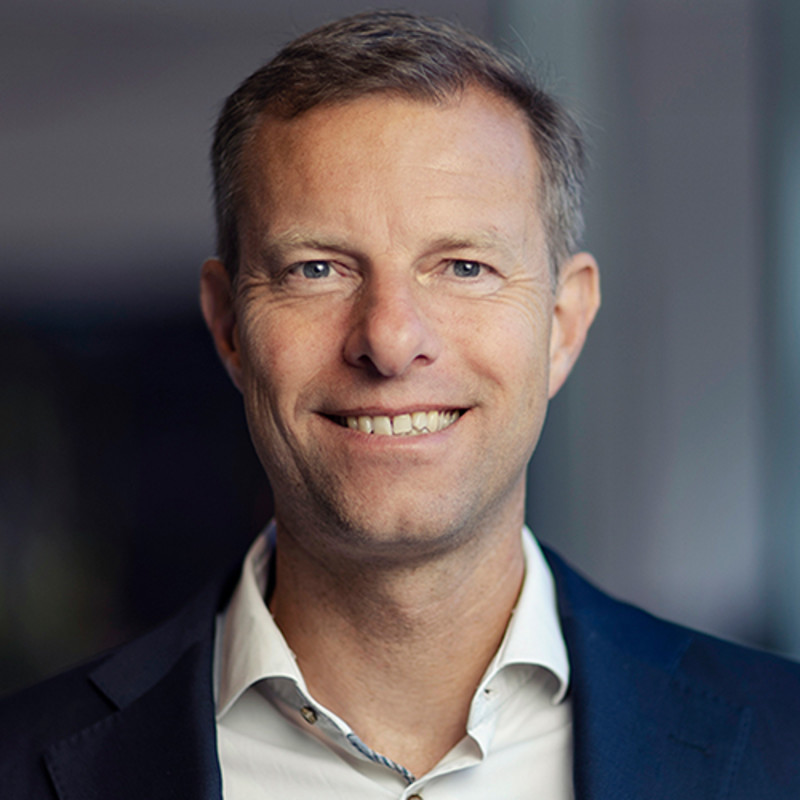

Finland tops country sustainability ranking for the first time
After decades in the shadows of its Nordic neighbors, Finland finally emerges as the new northern light for sustainability performance.
まとめ
- Strong energy and environmental policies help lift Finland to new heights
- Environment and governance were key differentiators in rankings
- Robeco country rankings correlate strongly with independent indices and sovereign ratings
In the autumn edition of the Robeco Country Sustainability ranking, Finland has emerged as the leader in country sustainability performance. This marks the first time Finland has received top honors after overcoming perennial ESG powerhouses, Sweden and Norway. Finland edged out Sweden, which fell to second, followed by the Scandinavian trio of Denmark, Norway and Iceland. Other high performers include European names as well as New Zealand, Australia and Canada.
In terms of low performers, South Africa, Egypt, India, Nigeria and Pakistan round out the bottom of the ranking when only considering the 50 countries in the investable universe (see Figure 1).
Finland outperformed the EU average across all 15 ESG criteria
Environment and governance were key performance differentiators, in the most recent ranking. Sweden lost ground in governance and was unable to compensate despite strong results for social and environmental dimensions. Finland outperformed the EU average across all 15 ESG criteria, however, its high environmental scores compared to both Scandinavian and European counterparts played the decisive role in elevating it to best performer in the final country sustainability assessment of 2021.
Finland’s strong environmental protection policies have been effective at reducing pollution, promoting natural conservation and safeguarding biodiversity. And with nearly a 40% share of renewables in the energy mix, it also leads the world in transitioning its energy sector to a low-carbon future. Moreover, robust institutions have helped it contain Covid-19 caseloads and largely avoid the pandemic’s economic knock-on effects.
Other nations have not fared so well. With the pandemic still raging, it is impossible at present to assess the full extent of the damage to sustainability performance. However, it is already clear that the pandemic has reversed progress across all ESG dimensions. Disparities in education, healthcare, poverty, and social inequalities are widening, with less developed nations suffering the biggest brunt. Democratic governance has also taken a hit, as authoritarian regimes over the world have manipulated economic uncertainties and social unrest to their own advantage. For the fifth straight year, governance data show the world moving towards anti-democratic structures.
Figure 1 | Top five and bottom five sustainability performers

Data source: Robeco, Country sustainability scores as of October 2021
Data note: The five countries framed in the middle of the chart designate the bottom-five ranked emerging market countries within the investable universe, the top-50 developed and emerging economies in terms of nominal GDP. When considering all 150 countries of the ESG universe, Chad, Libya, Central African Republic, Sudan and Yemen occupy the bottom ranks.
Leaders in losses
Hong Kong leads the list of countries with the unsavory distinction of having the largest losses over the past three years. Its sustainability performance continues to weaken as mainland China maintains its attack on individual freedom and democratic privileges. In contrast, Turkey, Argentina and Nigeria’s governments have no one to blame but themselves for declines in their ESG scores and rank. At present, distrust and dysfunction characterize both their politics and their institutions with no hope for reform in sight.
France, India and Brazil join them on the list of countries with significant losses over the course of 2021. Though France has set a strong precedent for environmental leadership, its early gains are threatened by an over-reliance on nuclear and an under-investment in energy efficiency and renewables according to an IEA report. Moreover, Macron’s reform agenda has been hampered by Covid-19 and residual social inequalities still felt across many segments of French society.
Further east, India’s once shining star has been repeatedly tarnished by mismanagement, missteps and outright abuse. Abroad, Prime Minister Modi and his Hindu Nationalist party have taken a hard line in their approach to relations with neighbor Pakistan and nemesis China. At home, the government has taken an equally harsh stance on Muslims, fueling sectarian violence. What’s more, poverty and inequalities that have plagued Indian society are intensifying as a result of more Covid-19 outbreaks. A bright note against a backdrop of gloom is that Germany announced new commitments to support India’s energy transition and its fight against climate change.
Risers in the ranks
Even as Hong Kong suffers, Taiwan, has managed to evade negative impacts from an intimidating, power-hungry China and saw the largest advance in scores of any country over a three-year period. Major factors in its ascent include strong governance and innovation. South Korea, Saudi Arabia, and the United Arab Emirates also experienced gains thanks largely to governance (South Korea) and social reforms (Saudi Arabia and UAE).
In the Middle East, Israel and Qatar showed significant short-term gains. Qatar on the back of migrant labor reforms as it prepares to host the 2022 FIFA World Cup and Israel as a result of better human rights, reduced poverty and lower political risks. In Europe, the Czech Republic and Denmark were among European countries that improved their standings. Both showed better scores for corruption, political risk and overall economic equality.
Countries with strong ESG scores also enjoy higher sovereign ratings; conversely, low ESG scores correlate with lower ratings
サステナビリティに関する最新のインサイトを把握
ロベコのニュースレター(英文)に登録し、サステナブル投資の最新動向を探求しましょう。
Confirmation, consensus and confidence
The strength and reliability of the Robeco Country Sustainability Ranking is confirmed when results are compared with highly respected indices from external institutions. More relevant for investors is the high correlation between Robeco’s country ranking and the sovereign ratings of Fitch, Moody’s and S&P. Countries with strong ESG scores also enjoy higher sovereign ratings; conversely, low ESG scores correlate with lower ratings. The strong correlation even extends to sovereign credit default swaps (CDS). High performing ESG countries have lower CDS spreads, whereas low performers tend to face higher spreads.
What are the most sustainable countries in the world?
The Country Sustainability Ranking is a comprehensive framework for analyzing countries’ performance on a wide range of ESG metrics.
重要事項
当資料は情報提供を目的として、Robeco Institutional Asset Management B.V.が作成した英文資料、もしくはその英文資料をロベコ・ジャパン株式会社が翻訳したものです。資料中の個別の金融商品の売買の勧誘や推奨等を目的とするものではありません。記載された情報は十分信頼できるものであると考えておりますが、その正確性、完全性を保証するものではありません。意見や見通しはあくまで作成日における弊社の判断に基づくものであり、今後予告なしに変更されることがあります。運用状況、市場動向、意見等は、過去の一時点あるいは過去の一定期間についてのものであり、過去の実績は将来の運用成果を保証または示唆するものではありません。また、記載された投資方針・戦略等は全ての投資家の皆様に適合するとは限りません。当資料は法律、税務、会計面での助言の提供を意図するものではありません。 ご契約に際しては、必要に応じ専門家にご相談の上、最終的なご判断はお客様ご自身でなさるようお願い致します。 運用を行う資産の評価額は、組入有価証券等の価格、金融市場の相場や金利等の変動、及び組入有価証券の発行体の財務状況による信用力等の影響を受けて変動します。また、外貨建資産に投資する場合は為替変動の影響も受けます。運用によって生じた損益は、全て投資家の皆様に帰属します。したがって投資元本や一定の運用成果が保証されているものではなく、投資元本を上回る損失を被ることがあります。弊社が行う金融商品取引業に係る手数料または報酬は、締結される契約の種類や契約資産額により異なるため、当資料において記載せず別途ご提示させて頂く場合があります。具体的な手数料または報酬の金額・計算方法につきましては弊社担当者へお問合せください。 当資料及び記載されている情報、商品に関する権利は弊社に帰属します。したがって、弊社の書面による同意なくしてその全部もしくは一部を複製またはその他の方法で配布することはご遠慮ください。 商号等: ロベコ・ジャパン株式会社 金融商品取引業者 関東財務局長(金商)第2780号 加入協会: 一般社団法人 日本投資顧問業協会






















